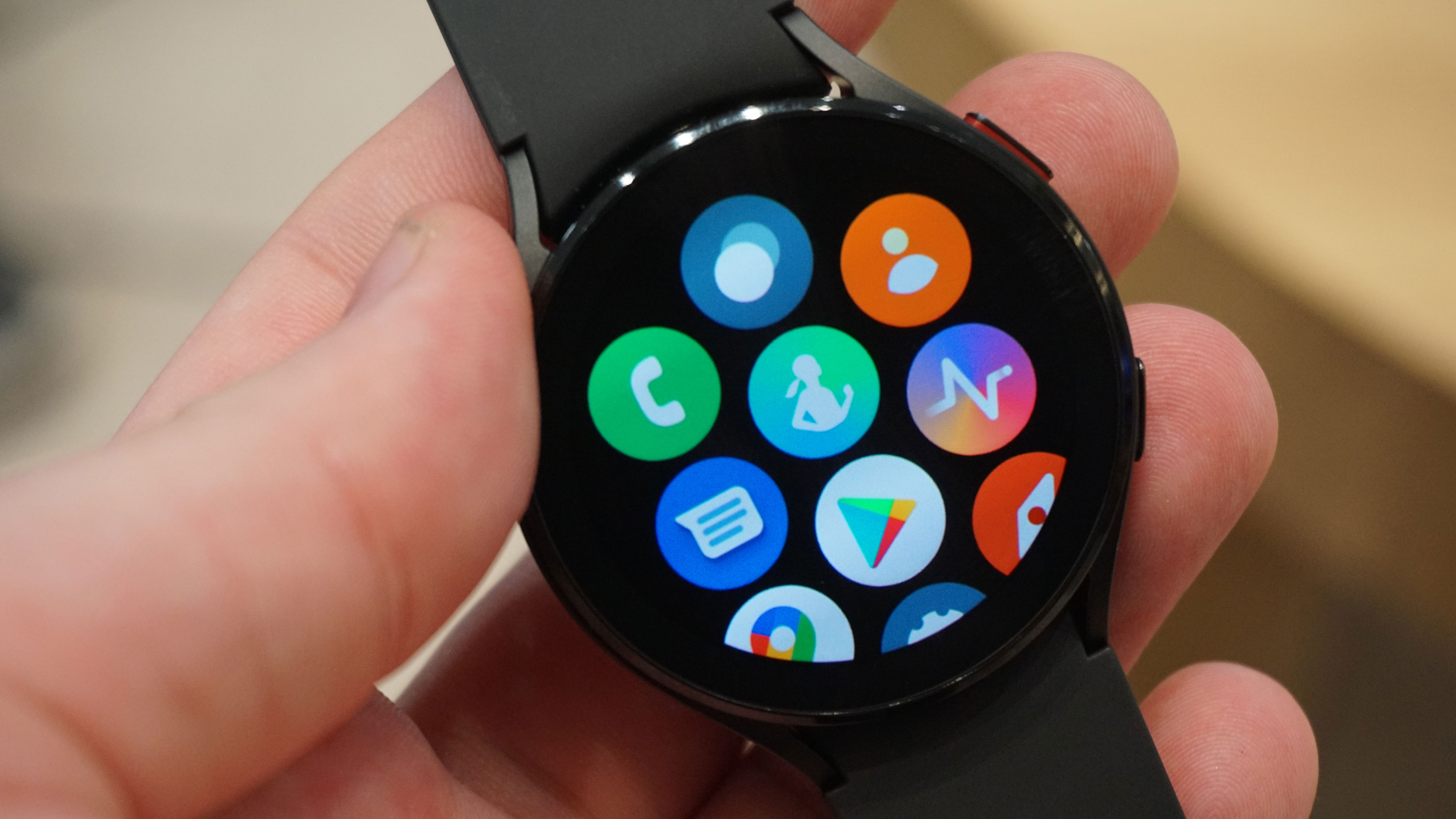Alongside its new foldable and flippable phones, Samsung also unveiled two new wearables last week – the Samsung Galaxy Watch 4 and the Watch 4 Classic. They’ve arrived with more health-focused features in their arsenal, and one of the features has government approval for the first time.
The Watch 4 and Watch 4 Classic are the first from Samsung to come with both blood pressure tracking and electrocardiogram (ECG) monitoring. They join the Apple Watch 6 and the Withings ScanWatch as the only consumer smartwatches that have been approved for ECG monitoring by Australia’s Therapeutic Goods Administration (TGA).
If you’re wanting to use these features on either smartwatch though, you’ll need to have a Samsung Galaxy smartphone too (with Android 7 or above). Blood pressure tracking and ECG monitoring hasn’t just come to the newer devices either, it’ll also come to the older Galaxy Watch 3 and Galaxy Watch Active 2 in the coming months.
The ECG monitoring has been registered as a Class IIa medical device, and the data is accessed through the Samsung Health Monitor app. The tech giant has been careful to note that the on-demand ECG readings aren’t intended to replace traditional diagnosis or treatment, and a doctor should be consulted if you record an irregular heartbeat.
As for blood pressure measurement, this feature currently doesn’t have TGA approval. Samsung says the feature should only be used by adults 22 years and older, and that it’s intended for general wellness purposes only – not for proper medical use.
- Samsung Galaxy Watch 4 vs Galaxy Watch 4 Classic: which smartwatch is for you?
- Need more options? Check out the best smartwatches
- We go hands-on with the Samsung Galaxy Z Fold 3
Analysis: why the focus on health matters

With Samsung now joining Apple and Withings with the coveted ECG monitoring approval in Australia, there’s good reason to believe that these smart devices will be far more useful to the Australians that own them, and potentially even life saving.
These watches work by recording your heart rate and rhythm, and work to detect atrial fibrillation (AF), which is the most common form of irregular heart rhythm. According to a report by the Australian Institute of Health and Welfare in 2018, “AF was the underlying or associated cause of over 14,000 deaths in Australia – 9.0% of total deaths”.
As the report points out, most people with AF don’t die from the condition. Rather, it can lead to complications including heart failure and stroke. So, whether in the form of Apple, Samsung or Withings, it stands to reason that putting this easy-to-use tech on the wrists of Australians could lead to early detection and lives saved (it already has).
A separate report by the Australian Institute of Health and Welfare states that about one-in-three Australians aged 18 and over have high blood pressure, and it’s a major risk factor in chronic conditions such as stroke and kidney and heart diseases.
This feature doesn’t have TGA approval, but we can see how it can offer peace of mind for those looking to monitor their general health at a moment’s notice. While there’s plenty of stories of these smartwatches detecting abnormal heart rhythms and uncovering a larger problem, some doctors worry that over analysing the data could lead to increased anxiety and unnecessary testing.
All told, these smartwatches are another tool in the ever-growing toolkit, and there's no substitute for visiting your doctor about any health concerns you have.
from TechRadar - All the latest technology news https://ift.tt/3mcItGI
Aucun commentaire: